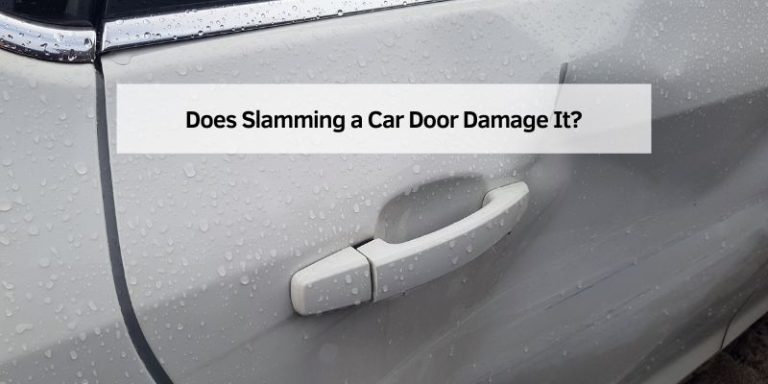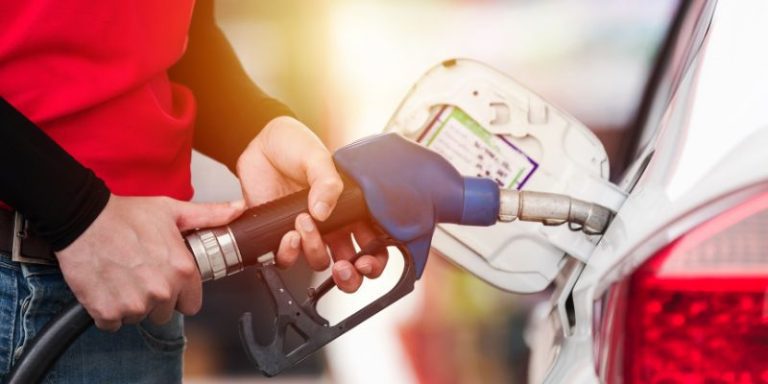Does Mileage Matter on a Car: The Ultimate Buyer’s Guide
Yes, mileage does matter on a car. It affects the car’s value and performance.
High mileage often means more wear and tear. Mileage is a key factor when buying a car. It tells a lot about the car’s history. A car with low mileage might seem attractive. But there’s more to consider. High mileage cars can still be reliable.
They might have been well-maintained. On the other hand, low mileage cars can have hidden issues. Understanding mileage helps make a better decision. This blog will explore why mileage matters. We will look at its impact on car value, performance, and maintenance. Whether buying or selling, knowing about mileage is crucial. Let’s dive into the details and clear the confusion around car mileage.
Importance Of Mileage
Mileage can affect a car’s resale value. Lower mileage often means a higher resale price. Buyers think a car with fewer miles is in better shape. They believe it will last longer. So, sellers can ask for more money. High mileage cars might sell for less. People worry about more wear and tear. They might need more repairs soon. Lower mileage cars are more attractive to buyers.
Mileage shows how much a car has been driven. High mileage can mean more wear and tear. Parts might wear out faster. The engine, brakes, and tires get used a lot. This can lead to more repairs. Low mileage cars often have less wear. They may need fewer repairs. This makes them more reliable. Buyers feel safer with low mileage cars. They think they will have fewer problems.

Credit: www.acvauctions.com
High Vs. Low Mileage
High mileage cars are often cheaper. They’ve been driven a lot, so the price drops. Older models can still have reliable engines. Many high mileage cars have had regular maintenance. They may have detailed service records.
High mileage cars may need more frequent repairs. Parts wear out faster. They might have less resale value. Some high mileage cars can have hidden issues. Wear and tear is common in these cars.
Low mileage cars often look newer. They usually need fewer repairs. These cars tend to have a higher resale value. They may come with longer warranty periods. The engines are often in better condition.
Low mileage cars are usually more expensive. You pay more for fewer miles. They might not have been driven enough. Some low mileage cars can have old, unused parts. These parts might need replacement soon.
Evaluating A Used Car
Checking the service history is very important. A well-maintained car will last longer. Look for records of oil changes, brake checks, and tire rotations. These show that the car was taken care of. It’s a good sign.
Examine the engine, transmission, and brakes. They should be in good shape. No leaks or strange noises. The tires should have enough tread. The interior should be clean. Look at the seats, dashboard, and floor mats. They should not be worn out.
Mileage And Maintenance Costs
High mileage cars often need repairs more often. Parts wear out faster. This can mean more trips to the mechanic. Regular maintenance helps, but it doesn’t stop all issues. Keeping a car in good shape can reduce repair frequency. Still, older cars need more care.
Older cars with high mileage may need new parts. Replacement parts can be expensive. Some parts are hard to find. This adds to the cost. Keeping a budget for repairs is smart. It helps manage unexpected costs. Regular checks can catch problems early.
Fuel Efficiency
Mileage directly affects how much fuel a car uses. Cars with better mileage consume less fuel. This means fewer trips to the gas station. Over time, this saves money. Older cars often have worse mileage. They need more fuel to travel the same distance. Regular maintenance can help improve mileage. Clean air filters and proper tire pressure are important. They help the car run more smoothly.
Good mileage can save a lot of money. Fuel costs add up over time. A car with bad mileage will cost more to run. This is especially true for long trips. Cars with better mileage are more eco-friendly. They release fewer emissions. This is better for the environment. Choosing a car with good mileage is a smart financial decision. It is also good for the planet.
Technology And Mileage
Mileage impacts car value and performance. Higher mileage often means more wear and tear. Always consider both mileage and maintenance history.
Advancements In Engineering
New engineering advancements have made cars last longer. Better materials make engines run smoother. Modern engines are more efficient. These improvements help cars go further with less wear and tear.
Impact On Longevity
High mileage can still affect a car’s lifespan. Parts like brakes and tires wear out over time. Regular maintenance is key to keeping a car running well. Well-maintained cars can last many miles without big problems.
Mileage Vs. Age
Old cars with low mileage can still be in good shape. They might have been driven carefully. Such cars often need less maintenance. The engine and other parts are not worn out. This could save money on repairs.
New cars with high mileage may have been used a lot. This can mean more wear and tear. They might need more frequent repairs. But they still have newer technology. This can make them more reliable than older cars.
Tips For Buyers
Mileage on a car can influence its value and future repairs. Lower mileage often means less wear and tear. Consider the car’s history and maintenance records too.
Inspecting The Car
Check the car for any signs of wear. Look at the tires, brakes, and engine. These parts can show how much the car has been used. A well-maintained car can last longer, even with high mileage. Always take a test drive. Listen for any unusual noises. Feel how the car handles. This can give you a good idea of its condition. Check the service history. Regular maintenance is key. Ask for receipts or a logbook. This can show if the car has been taken care of.
Questions To Ask The Seller
- How many owners has the car had?
- Has the car ever been in an accident?
- What is the reason for selling the car?
- Can I see the service records?
- Has the car had any major repairs?
- Is there any warranty left?
- How often was the oil changed?

Credit: www.autotrader.com
Frequently Asked Questions
Does High Mileage Affect Car Performance?
Yes, high mileage can affect car performance. Increased wear and tear can lead to decreased efficiency. Regular maintenance is crucial.
Should I Buy A Car With High Mileage?
Buying a high-mileage car can be risky. It’s essential to check its maintenance history. A well-maintained high-mileage car can still be reliable.
What Is Considered High Mileage For A Car?
Generally, over 100,000 miles is considered high mileage. However, this can vary based on the car’s make and model.
How Does Mileage Impact Car Resale Value?
Higher mileage often lowers a car’s resale value. Buyers typically prefer cars with lower mileage for better reliability.
Conclusion
Mileage does matter when buying a car. Lower mileage often means less wear. Higher mileage cars can still be reliable with good maintenance. Always consider the vehicle’s history and condition. Test drives and inspections help make informed choices. Mileage is one of many factors to consider.
Look at your budget and needs too. A well-maintained car, even with higher miles, can serve well. Trust your research and instincts. Happy car shopping!







